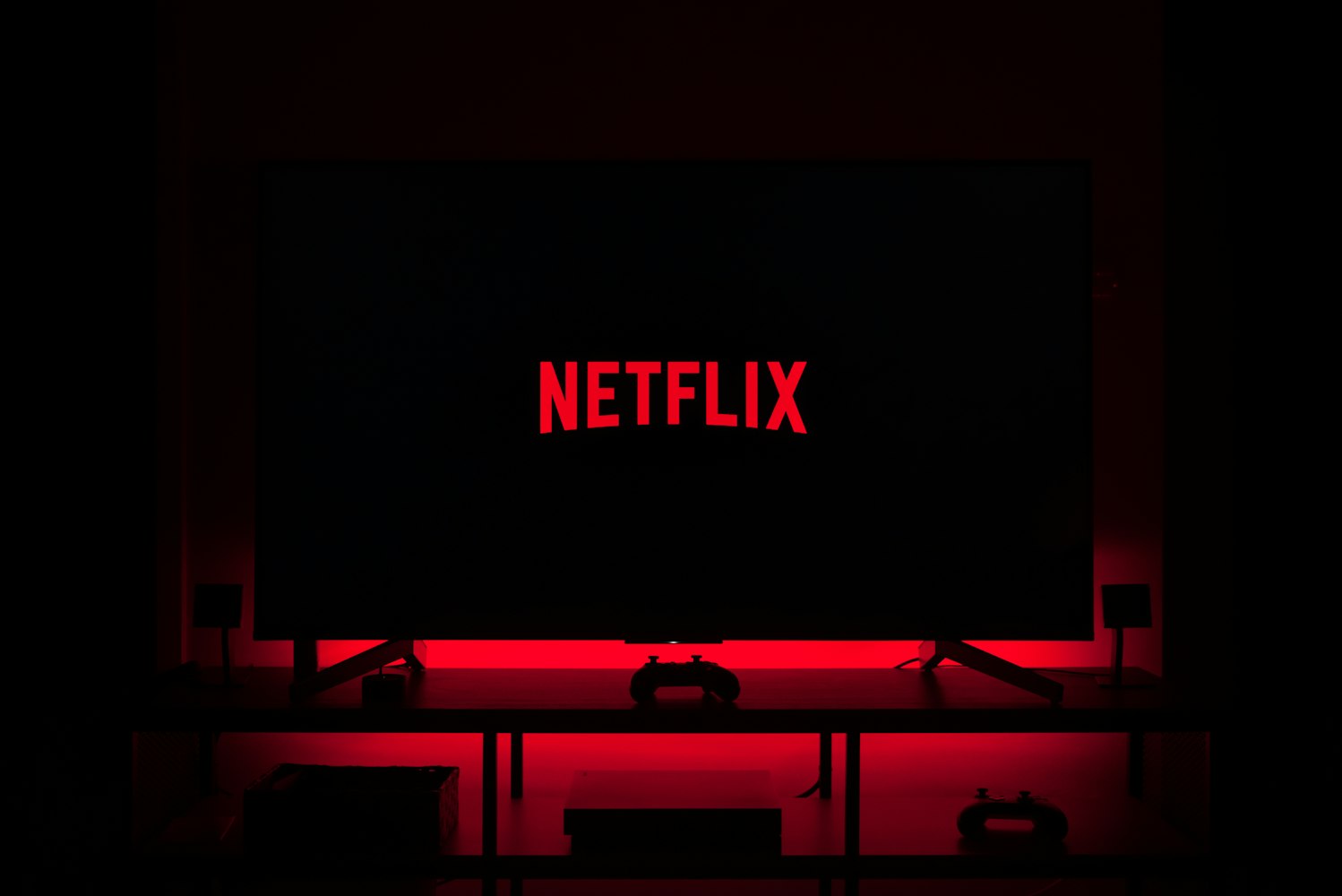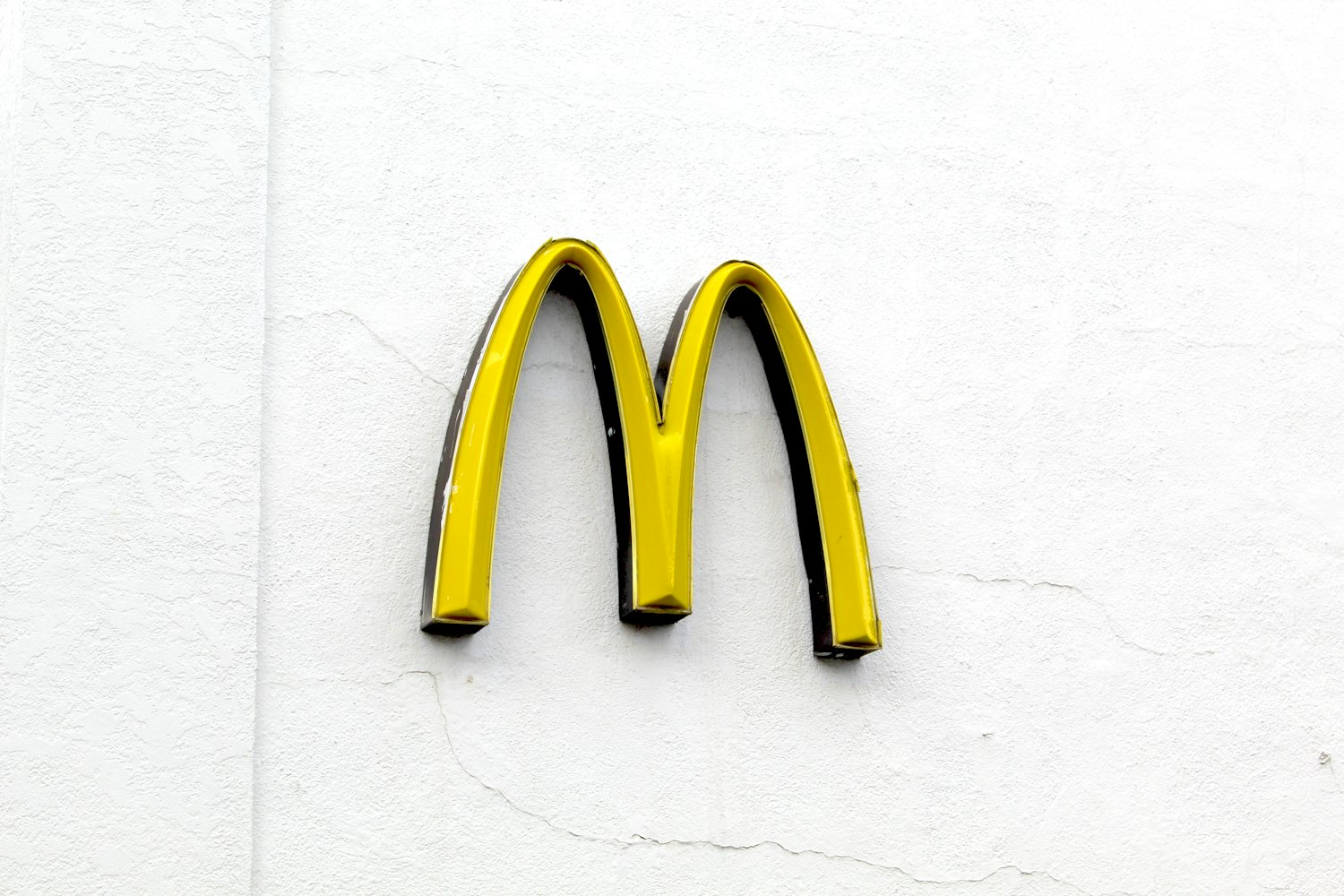Blog
7 Ways of Preventing Intellectual Property Issues with Your Kindle Book.
Intellectual property issues are usually an afterthought for most authors, which is understandable, however, if you encounter an issue of this nature then you will realise truly how much of a headache it can be. In this article, I'm going to break down the main ways that you can prevent and overcome any intellectual property issues when it comes to your Kindle book.
1. Be careful about how you use inspiration.

Most authors use other books and material such as TV shows and movies as inspiration, whether knowingly or unknowingly. So, you have to be very careful about how you use inspiration when writing your own book so that you ensure you don’t mistakenly copy a whole section of another book in your writing or completely rip off a character of a popular TV show without changing the character sufficiently enough for it to be deemed unique.
2. Check the book for trademark names.

Checking the book for trademark names is also a good way of preventing any potential future intellectual property issues. Most brands would be fine for an author to use their brand name within the book as the book is not directly competing with their business.
However, not all brands react this way, and it is better to be safe than sorry. So, if you can, remove any brand names and replace them with a generic name or alter the story so that it doesn’t require the usage of any brand names.
3. Check the book for song lyrics.

Song lyrics are one of the most common things that authors use in their books without gaining prior permission. Often authors are unaware that if you use large portions of a song lyric (a few lines or more) then you have to get permission from the artist or the parties representing the artist.
So, if a song lyric is absolutely crucial to your story and you can’t remove the lyric, then it is advised you get in touch with the artist or parties representing the artist in order to gain permission to use the lyrics in your Kindle book.
4. Make a note of any other potential copyright issues and do your research.

We highly recommend that you read your book from front to back with the goal of spotting any potential future copyright issues. Put your copyright hat on and read the book line by line and make a note of any word or phrases that you are unsure about and then do your research online to find out whether you are okay to use the word/phrase within the book without gaining permission to do so.
5. Have an editor check your book.

A good way of spotting any copyright issues is to get a skilled and experienced editor to read your Kindle book. A good editor would have read hundreds of books so they will be really good at picking out and identifying any potential copyright issues. However, do remember, that this is not their primary job as an editor, so you can’t rely on them completely for this job.
6. Have as many people read your book as possible prior to publishing.

Another great way of identifying any potential copyright issues in your Kindle book is to get as many different types of people to read your Kindle book as possible, and make them aware that potential copyright issues are a concern of yours and that if they come across anything they deem to be a potential future issue in this regard that they should make a note of it and let you know.
7. Hire a copyright professional/lawyer.

Probably the best, but most expensive option is to hire a copyright professional/lawyer to read over your Kindle book to identify any potential copyright issues. However, do bear in mind that most professionals of this nature are more used to addressing copyright issues once a copyright claim against a party is made and are less able to identify any potential issues before the fact. But, with most professionals that have sufficient experience, they are able to quickly pick out major potential copyright issues.
__
Remember, everything contained above represents our own views and thoughts only and does not constitute, and is no replacement for proper legal advice.

